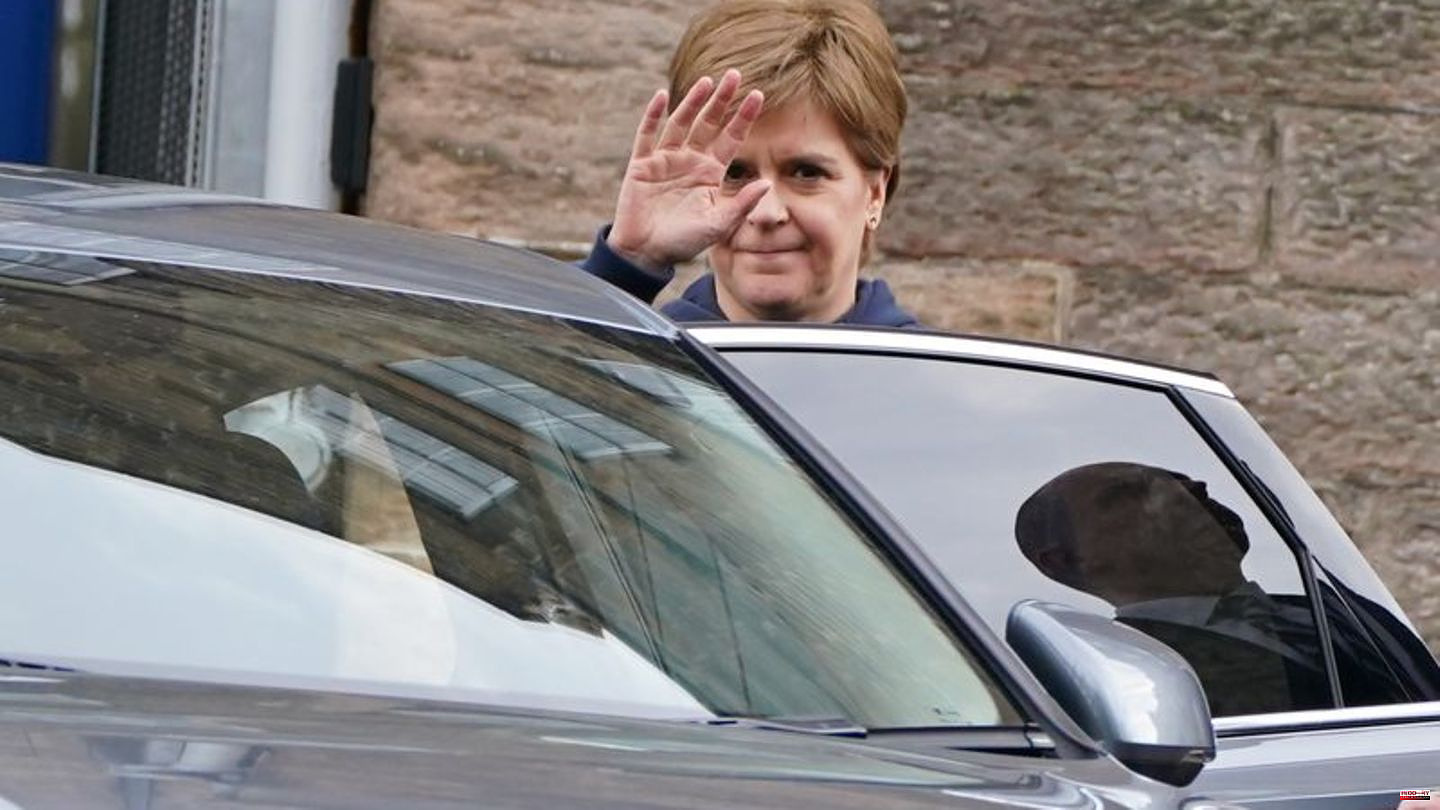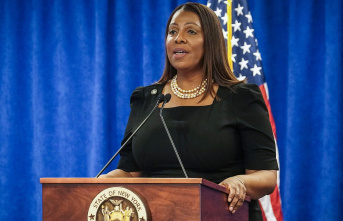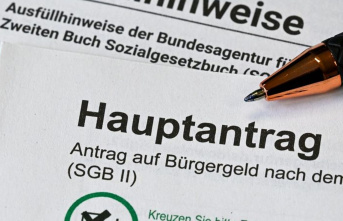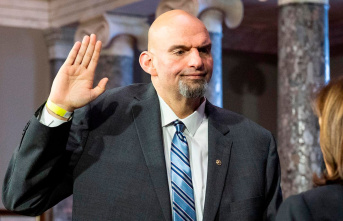The successor to Scotland's Prime Minister Nicola Sturgeon should be known by March 27 at the latest. So far, however, there is no clear favorite. Deputy Prime Minister John Swinney ruled out an application. On the other hand, it is expected that Health Minister Humza Yousaf will stand as a candidate, the Herald newspaper reported on Friday. In addition, it is expected that Treasury Secretary Kate Forbes will run, and Constitutional Secretary Angus Robertson is also said to be considering an application.
Candidates can be nominated until February 24, as Sturgeon's Scottish National Party (SNP) announced on Thursday evening. If there is more than one applicant to choose from, the party members decide. This voting is scheduled to begin on March 13 and end two weeks later - at noon on March 27. The winner takes over the party leadership and also becomes Scotland's "First Minister".
A special party conference originally planned for March 19, at which the party wanted to discuss its further strategy on the way to independence, has been postponed until further notice.
Independence movement sees itself set back by years
Sturgeon justified her surprising resignation primarily with personal reasons and the high burden of the corona pandemic. In addition, she has become too polarizing as a person on some issues. The 52-year-old will remain in office until the successor is settled. The withdrawal is seen as a major blow to the independence movement, of which she was a leading representative. The British newspapers "Guardian" and "Daily Mail" quoted leading SNP representatives on Friday as saying that plans for a new independence referendum had been set back years.
However, critics emphasized that public confidence in Sturgeon had suffered significantly. In a poll a few days ago, 42 percent of Scots called for their resignation. Reasons were, for example, their adherence to a controversial liberal gender law. In addition, her husband Peter Murrell, who holds an important party office, has been criticized for a loan to the SNP. After all, Sturgeon had recently run out of ideas on how to advance the SNP's goal of Scottish independence, it said.
Sturgeon took office as "First Minister" in November 2014 after the Scots had decided against independence in a first referendum - but that was before Brexit. She is the longest serving Scottish head of government. She succeeded her party colleague at the time, Alex Salmond, who has since founded a new party.












